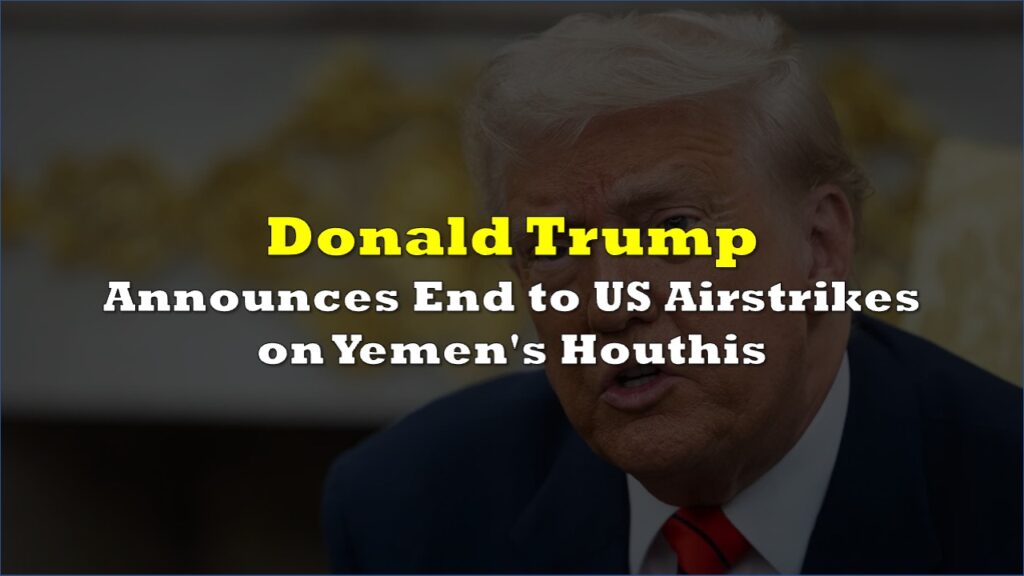As U.S. President-elect Donald Trump assembles a cabinet filled with staunch critics of Beijing, his administration is poised to confront a more robust and prepared China. Analysts suggest that this brewing standoff between the world’s two largest economies could further strain global markets and intensify geopolitical tensions.
However, Beijing, having faced years of U.S. pressure, has fortified its defenses and diversified its economic strategies to better withstand future challenges.
Trump’s cabinet choices offer a clear indication of his intent to take a tougher line against China. Senator Marco Rubio, tapped for Secretary of State, has long criticized China’s human rights abuses, including its treatment of Uyghur Muslims in Xinjiang and its crackdown on Hong Kong’s pro-democracy movement. Representative Michael Waltz, slated to become National Security Adviser, has been an outspoken advocate for curbing Beijing’s global influence, once calling for a boycott of the 2022 Beijing Winter Olympics over China’s handling of COVID-19 and human rights violations.
Notably, Robert Lighthizer, Trump’s former U.S. Trade Representative and architect of the U.S.-China trade war, has been brought back to oversee trade negotiations. Lighthizer’s tenure during Trump’s first term was marked by aggressive tariff policies that sought to reduce the U.S. trade deficit with China. Analysts expect similar measures in the administration’s second term, which could rekindle trade tensions and disrupt global supply chains.
Beijing’s Preparation
Since the height of the U.S.-China trade war in 2018, Beijing has implemented policies to reduce its economic vulnerabilities. By fostering domestic innovation, strengthening self-reliance in critical technologies, and expanding trade partnerships, China has created buffers against external pressures.
China’s “dual circulation” strategy, which emphasizes boosting domestic consumption while maintaining export competitiveness, has been central to these efforts.
Beijing has also bolstered its military capabilities and taken a more assertive stance in key geopolitical hotspots, such as the South China Sea and Taiwan Strait, setting the stage for potential flashpoints under the incoming administration.
On December 1, China will impose stricter export controls on essential “dual-use” materials, including tungsten, graphite, magnesium, and aluminum alloys. These metals are crucial for industries ranging from electronics to defense. The move is widely interpreted as a response to anticipated U.S. policies targeting Chinese goods.
With China accounting for up to 95% of global rare earth production, this restriction could have significant ramifications for high-tech manufacturing worldwide. Analysts warn of potential disruptions in supply chains for renewable energy technologies, semiconductors, and advanced weaponry.
Trump era
The return of Trump to the White House is expected to revive disputes over trade imbalances, intellectual property theft, and access to critical technologies. However, analysts believe that geopolitical tensions in the South China Sea and over Taiwan will dominate the U.S.-China agenda.
The Trump administration is likely to intensify Freedom of Navigation Operations (FONOPs) in the South China Sea to counter China’s territorial claims. It is also expected to strengthen military and diplomatic support for Taiwan, a move Beijing considers a red line.
Renewed U.S.-China tensions could spell trouble for the global economy, which is still recovering from pandemic-related disruptions. Businesses heavily reliant on Chinese imports or exports may face higher costs, delays, and uncertainty.
The tech industry, in particular, stands to be significantly affected by Beijing’s export controls and Washington’s likely restrictions on Chinese technology firms. Companies may need to pivot toward alternative suppliers or invest in domestic capabilities, a shift that could take years to materialize.
While Trump’s hawkish cabinet appointments indicate a more confrontational approach toward China, Beijing’s increased resilience and preparedness suggest that future U.S. policies may face robust countermeasures.
Information for this story was found via Nikkei Asia and the sources mentioned. The author has no securities or affiliations related to the organizations discussed. Not a recommendation to buy or sell. Always do additional research and consult a professional before purchasing a security. The author holds no licenses.









